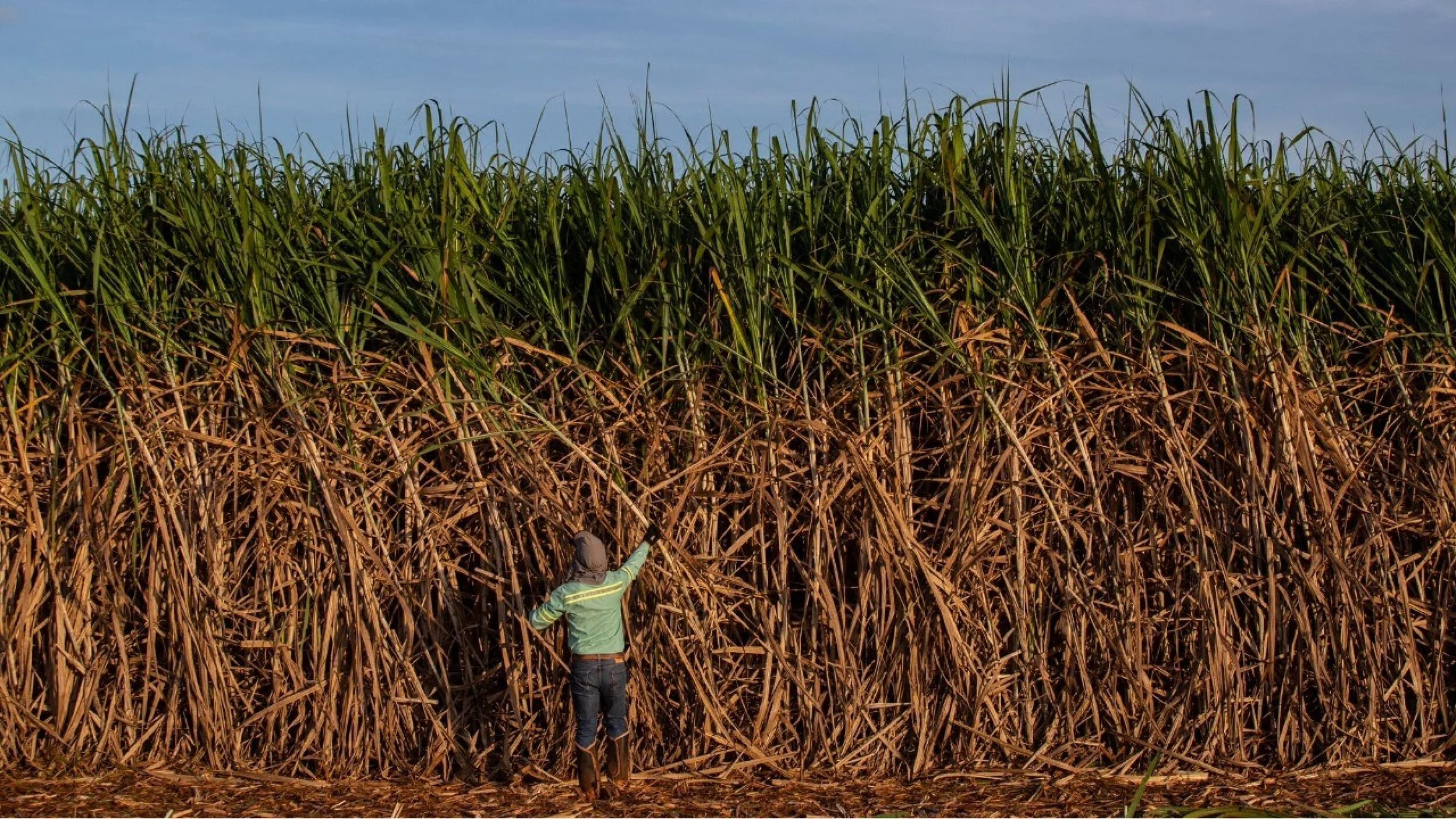EThANOL FUEL
Sugar was first cultivated in India over 2,000 years ago. It is produced primarily from sugarcane, and also from beets. Brazil dominates the world by producing 85% of all sugar cane ethanol, with just under half of its sugar crop landmass earmarked for ethanol production and an increasing Chinese appetite for anhydrous ethanol as an environmental alternative to fossil fuels.
Consumer demand has dictated that 90% of new cars in Brazil are ‘flex fuel’ – meaning they can be run on gasoline (which currently contains 25% ethanol: gasoline mix) or hydrous ethanol (95% ethanol: 5% water). The rest of the world is catching up. Major accounting firms and management consulting practices project worldwide, bio-fuels will account for 19% of fuel demands by 2023.
Since 2003, the combination of sugarcane ethanol and flex fuel vehicles has reduced Brazil’s emissions of carbon dioxide by more than 350 million tons. That’s as good for the environment as planting and maintaining 2.5 billion trees for 20 years.
The Chinese government has a mandate to reach 10% ethanol-gasoline mix by 2020 which will generate an annual demand of 17 billion liters of biofuels, opening up a 2.5 B litres import demand that, given the 2007 Brazil-US treaty and the current US-China trade war climate, only strengthens the opportunity to acquire Brazilian-origin product.
In the first half of 2018, Neves reported that US exports dropped from 500M liters to 200M liters.With less than 0.05% of Brazil’s landmass currently being used for sugarcane ethanol production - all of which occurs outside of the Amazon rainforest, on pastures or existing cropland – together with its carbon-positive environmental impact and its socio-economic benefits, this green industry is set to boom.
RESEARCH & DEVELOPMENT
UNDER CONSTRUCTION - PLEASE BE PATIENT & CHECK BACK SHORTLY

